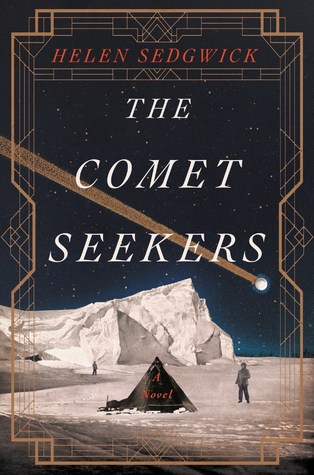 The Comet Seekers by Helen Sedgwick
The Comet Seekers by Helen Sedgwick Formats available: hardcover, paperback, ebook, audiobook
Pages: 304
Published by Harper on October 11th 2016
Purchasing Info: Author's Website, Publisher's Website, Amazon, Barnes & Noble, Kobo, Bookshop.org
Goodreads
A magical, intoxicating debut novel, both intimate and epic, that intertwines the past, present, and future of two lovers bound by the passing of great comets overhead and a coterie of remarkable ancestors
Róisín and François are immediately drawn to each other when they meet at a remote research base on the frozen ice sheets of Antarctica. At first glance, the pair could not be more different. Older by a few years, Róisín, a daughter of Ireland and a peripatetic astronomer, joins the science team to observe the fracturing of a comet overhead. François, the base’s chef, has just left his birthplace in Bayeux, France, for only the second time in his life. Yet devastating tragedy and the longing for a fresh start, which they share, as well as an indelible yet unknown bond that stretches back centuries, connect them to each other.
Helen Sedgwick carefully unfolds their surprisingly intertwined paths, moving forward and back through time to reveal how these lovers’ destinies have long been tied to one other by the skies—the arrival of comets great and small. In telling Róisín and François’s story, Sedgwick illuminates the lives of their ancestors, showing how strangers can be connected and ghosts can be real, and how the way we choose to see the world can be as desolate or as beautiful as the comets themselves.
A beautiful, skillfully crafted, and emotionally perceptive novel that explores the choices we make, the connections we miss, and the ties that inextricably join our fates, The Comet Seekers reflects how the shifting cosmos unites us all through life, beyond death, and across the whole of time.
My Review:
This feels like an easy book to like but a hard book to love. Your mileage, even to Antarctica and back, may vary.
I want to say this is a story about two people who feel connected to comets, and through that somewhat ephemeral connection find themselves connected to each other. At first their connection seems to be an accident, but in the end we discover that some gravitic force has been moving them towards each other all along.
Róisín is an Irish astrophysicist. She has been following comets since she was a child, and wants nothing more than the chance to study them. But Róisín is from a tiny Irish village, and while her family understands her need to see the universe, her first love does not. Every part of her journey away seems to encompass just a bit pain, a worry about what might have been if she and her cousin Liam had ever had a real chance.
Ironically, or coincidentally, or a bit of both, Róisín’s journey around the world, the journey that eventually leads her to Antarctica, keeps intersecting with François’ journey. Francois is younger than Róisín, but as she travels and explores the world and her profession, she keeps almost bumping into Francois and his mother Severine.
Not just when François and Severine make their one great trip, to Edinburgh, but also when Róisín finds herself working on a grant project in Bayeux, the home of the famous tapesty and the place that Severine and François call home.
Much of the story is Severine’s. She finds herself tied to Bayeux by the family ghosts. Down the centuries, from Aelfgifu in the 11th century who worked both herself and Halley’s Comet into the tapestry, all the way to the 21st century and Severine’s own grandmother, members of Severine’s family appear to Severine as rather lively ghosts whenever there is a comet in the sky over Earth. Severine loves her family, both the dead as well as the living, and can’t bear to part from the ghosts. But there is a price to be paid for keeping them close beside her – she has to stay close to them as well. If she leaves Bayeux, she loses her family.

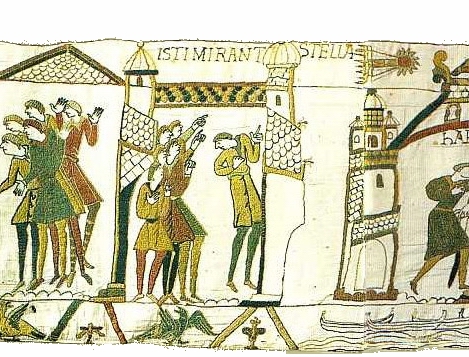
The story begins on a scientific expedition in Antarctica, where Róisín is studying the heavens and chef François is keeping everyone fed. They are both there to get away from, or let go of, losses that they can’t bear around other people. And as their story progresses, we see the stories of all of the comets, and all of the members of François’ family who have been tied to their own particular comets.
Because the ghosts are telling their stories, one last time before they go.
Escape Rating B: I enjoyed the individual stories, but they just didn’t quite hang together into a single anything for me. This may explain why I often don’t quite get literary fiction – I keep expecting a plot there isn’t there.
The through story line is how Róisín and François reached the place where they can finally see each other. Not just because he had to grow up first, but because they each needed to experience their own profound losses before they were ready for a possible future together.
But we only glimpse their stories in bits and pieces. Most of the book feels like it is taken up with the visitations of the ghosts, and the different times that each of them experienced a comet passing through the sky. And all of the stories seem to have a tragedy in their hearts, whether it is the death of young Antoine, Severine’s uncle, or the tragic lives of Aelfgifu in the 11th century and Brigitte in the 15th.
We also only see Róisín and François’ lives through the tail of a comet – the narrative is not sustained through their lives. Instead we get glimpses through the 20th and 21st centuries as one comet after another makes its way into, or through, our solar system. So not just Halley’s Comet in 1986, but also Hale-Bopp, Shoemaker-Levy 9 and Hyakutake. It’s been a busy half-century for comets, which provides lots of points to observe their lives – but still not the same as a more straightforward story.
The historical vignettes are not in chronological order either, making it easy for the reader to get a bit lost among the stars. And comets.
Individual sections are often lyrical, but somehow the book just misses cohering into a whole. I’m flailing a bit, trying to convey that this book didn’t quite do it for me. It got close a few times, but just missed.
The Comet Seekers is a debut novel. Those lyrical parts of this story are lovely, and I have hopes for this author’s future work.

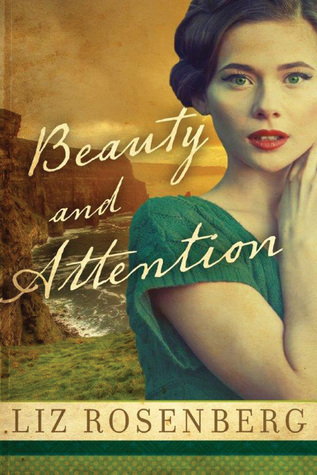 Beauty and Attention: A Novel by
Beauty and Attention: A Novel by 
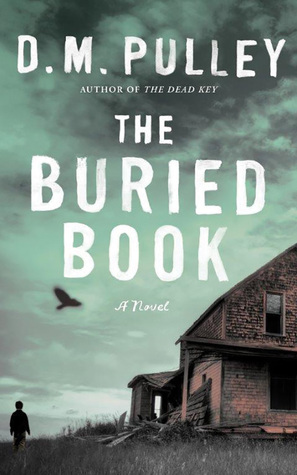 The Buried Book by
The Buried Book by 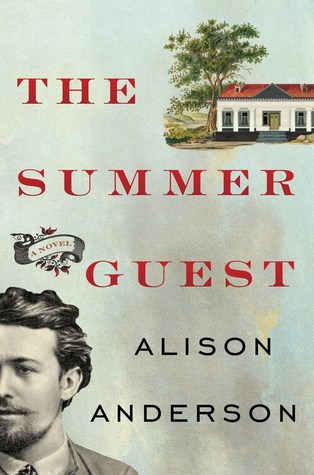 The Summer Guest by
The Summer Guest by 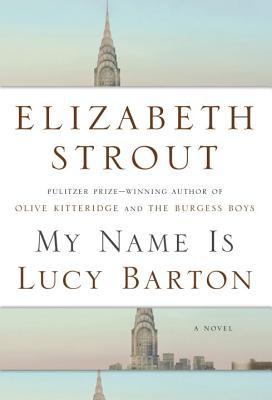 My Name Is Lucy Barton by
My Name Is Lucy Barton by 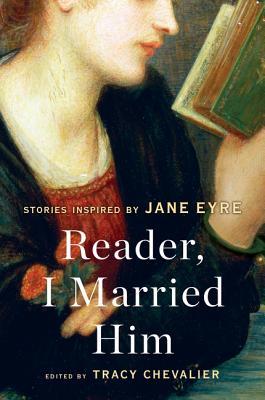 Reader, I Married Him: Stories Inspired by Jane Eyre by
Reader, I Married Him: Stories Inspired by Jane Eyre by 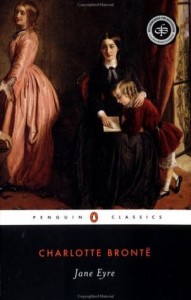 Just like it says on the label, this is a collection of short stories “inspired by”
Just like it says on the label, this is a collection of short stories “inspired by” 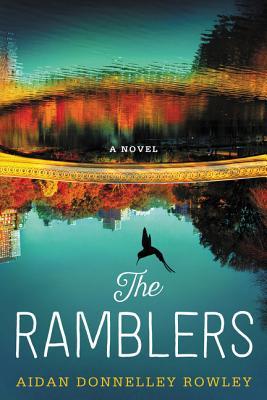 The Ramblers: A Novel by
The Ramblers: A Novel by 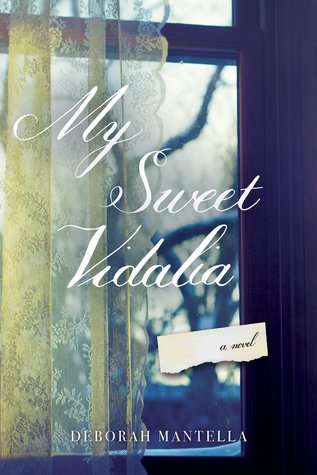 My Sweet Vidalia by
My Sweet Vidalia by 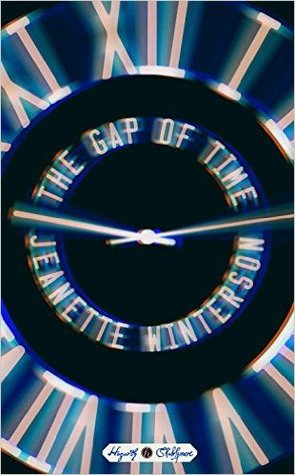 The Gap of Time by
The Gap of Time by 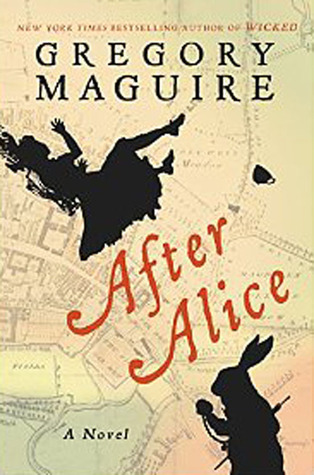 After Alice by
After Alice by 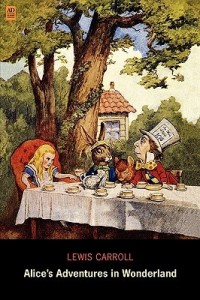 Alice’s Adventures in Wonderland
Alice’s Adventures in Wonderland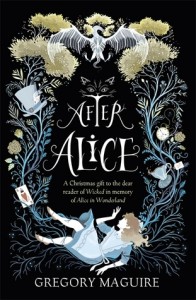 Like Alice’s own journey, Ada’s contains a surprising amount of commentary into her time and place, disguised in the nonsensical, but not actually nonsense, journey through Wonderland.
Like Alice’s own journey, Ada’s contains a surprising amount of commentary into her time and place, disguised in the nonsensical, but not actually nonsense, journey through Wonderland.